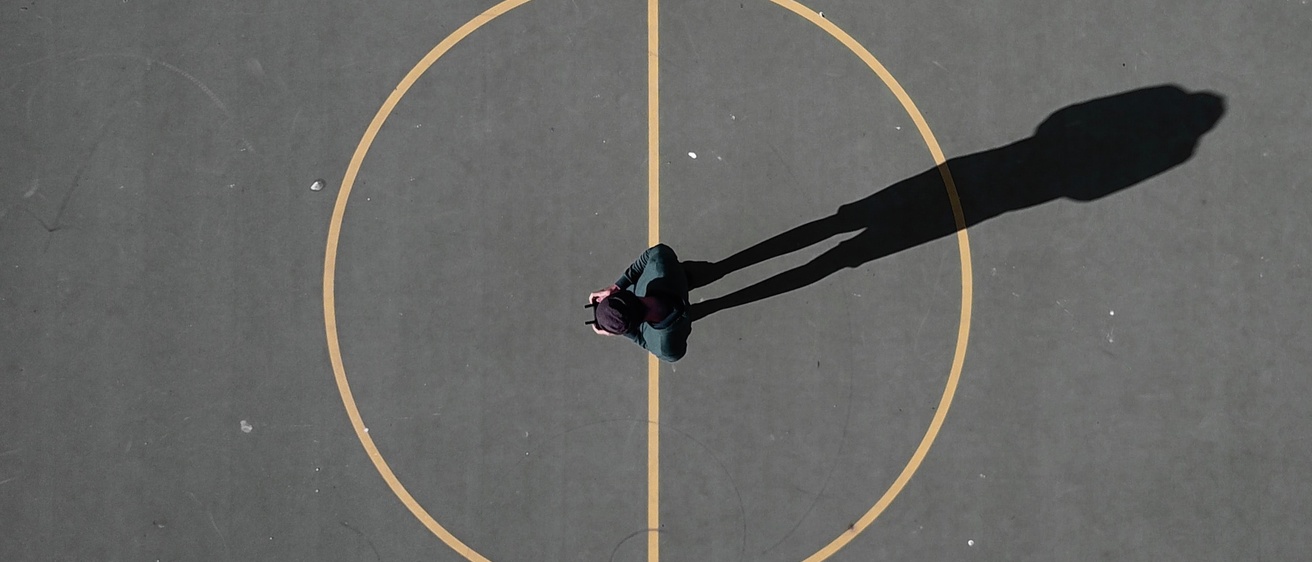Disruption. No other word characterizes the ongoing COVID-19 pandemic better for me than disruption. Disruption has brought radical change to the ways in which we live, learn, work, and play.
Two and half years have passed since the World Health Organization declared COVID-19 a public health emergency of international concern. COVID-19 remains an ongoing public health threat, though we are better equipped today than we were in 2020 to prevent significant illness and death through vaccination and other public health and medical interventions. Narratives have shifted to “learning to live with” the virus as it is unlikely to ever go away, but there is little consensus about how our “new normal” should be defined.
I am an optimist by nature, but my first impression of disruption is often characterized by negative emotions: fear, anger, frustration, sadness, and anxiety. The collective stress and trauma caused by the pandemic has brought to mind existential questions about the meaning and purpose of our lives. Nowhere has this become more evident than in discussions about the future of work in a post-pandemic world. The Great Disruption. The Great Resignation. Burnout. Quiet-Quitting. The headlines are inescapable.
Trends toward increasing burnout and decreasing engagement existed before COVID-19, but are accelerated by the pandemic. For many, productivity defined by working harder and working longer was in direct conflict with health and well-being. For those who pivoted from on-campus to remote work in March 2020, boundaries between work and personal life were blurred. Essential workers who continued to work outside of the home faced fear and uncertainty about the risk of exposing themselves and their loved ones to the virus. Our roles as caregivers competed with our role as employees for our attention, time, and energy. Over time, we adapted.
Disruption can be viewed as a threat or an opportunity. In the weeks leading up to what will inevitably be a busy fall term, I found myself face-to-face with my own existential questions. Who am I—at home and at work? Who do I want to be? How do I define success and failure? What is the meaning and purpose of my work? And then the negative emotions of fear and anxiety crept in. I find that giving myself opportunities for self-reflection often helps me to find a path forward, redefined by positive emotions: gratitude, joy, inspiration, and hope. What lessons has the COVID-19 pandemic taught us about our own nature and how we work best?
I haven’t figured this out for myself, and I don’t think I’m in a position to offer any advice to others. Those closest to me would rightfully call out the hypocrisy if I proclaimed any competence in self-care and work/life balance. Case in point, I wrote a draft of this piece at 2:06 a.m. on a Thursday. Below is a list of areas that I’m working on.
- Work/life balance, setting boundaries and managing expectations. Work is only a part of who I am. I know that setting boundaries and managing expectations can help me to better integrate (and balance) competing demands for time and energy. Some helpful tips can be found here and here.
- Small changes make big differences. I’m not very good at changing my behavior. New Year’s resolutions aren’t my thing. I go in with the best intentions and fall back onto old habits in a manner of weeks. I’ve found that starting small and linking new habits to something that I’m already doing each day (e.g., sitting down with my morning cup of coffee), increases the likelihood of sustaining the habit and making bigger changes down the road. More information about science behind making and keeping habits can be found here.
- Self-care is not selfish. Recharging your own battery will help you to be more present for others in your life. There is a reason why flight attendants will instruct you to put your own oxygen mask on yourself before you try to help others. You can’t be present and helpful to others if you aren’t breathing. Be kind to yourself.
For counseling and support, the Employee Assistance Program offers confidential counseling at no cost for UI employees and their families; or University Counseling Service offers confidential counseling and support for students.
Cover photo by Luís Eusébio on Unsplash
